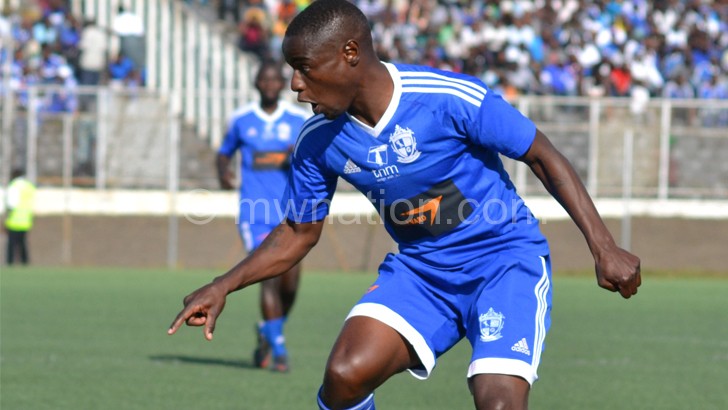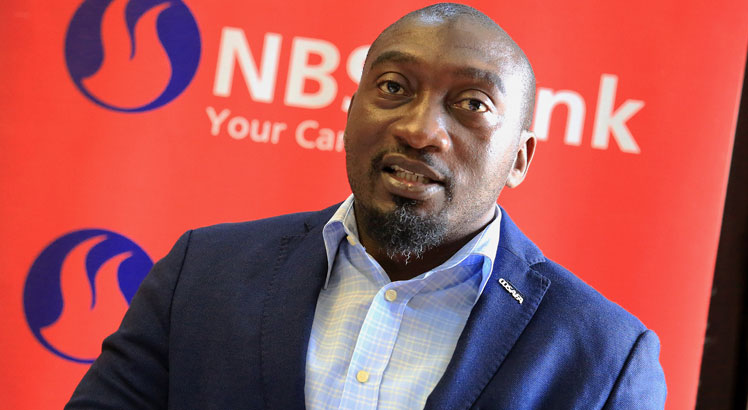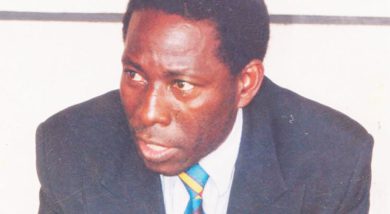Clubs ignore medical test
Most Malawian football clubs do not send their players for medical tests, a development that puts their careers and lives at risk, Weekend Nation has established.
It is a Fifa requirement that every club, regardless of its stature or finances, must subject their players to medical tests which gathers the player’s health and physical status. The test includes thorough body examination, MRI scans, blood tests and cardiac screening.

Physical training expert Mark Tembo said in local football, the fundamental element on how the players body works is ignored, “and this results in causing sudden deaths and the reduction of the players’ productivity on the field of play.
“The human body is a machine; if one part of it is not working properly, it no longer becomes productive.
“This is why you see that most local players do not remain active for over five years. As a vehicle requires servicing to last long, so the human does need medical tests.”
He added that the fact that most local clubs do not have a qualified team doctor that can work together with a technical panel on medical issues makes things complicated.
While accepting that this is a crucial area that needs to be tackled before signing players on the domestic scene, Super League teams—Big Bullets and Civo United—admitted that they ignore the process due to financial challenges and sometimes ignorance on its importance.
Bullets general secretary Titha Mandiza agreed that sometimes clubs pay a lot of money in medical bills because their players get some complicated injuries that could have been dealt with much earlier using minimal expenses.
“A medical test is a very important step towards signing a player. However, because of ignorance, we sometimes just sign players without examining their medical backgrounds. The result is that we end up spending a lot of money for their hospital bills when their injuries come out with some complications after being neglected for a long time,” she said.
She recalls the only time Bullets subjecting their players to medical was prior to the Carlsberg Cup final against Be Forward Wanderers last month, when they took their entire squad to College of Medicine for check-ups.
“I feel it is high time we indeed started taking this issue seriously. For us to conduct a medical at College of Medicine, we paid K200 000 for the screening of the entire team, but that could be higher if we waited for some neglected minor injuries to get complicated,” she said.
Mandiza said it is up to Super League of Malawi (Sulom) to start the process because if Sulom intervenes ,the issue will carry more weight and most clubs will start taking medical tests seriously.
Civo United general secretary Rashid Ntelera said the reason local clubs do not insist on medical is because the football industry does not generate much money.
“We do not think of the risks because there is little money invested in the players welfare. Despite that, having medical tests should be a must if we are to have healthy footballers on the pitch. If you screen a player before signing, it is possible to make a judgment as to either sign him or not so as to cut the costs of taking care of him once he joins us,” said Ntelera.
But he said due to the amateur state of the league, it will take time for the clubs to realise the importance of sending players for medical tests.
“It is true that sometimes we sign injury-prone players due to our ignorance of their health status,” said Ntelera.
Big Bullets captain Fischer Kondowe, who is one of the longest serving players in the league, concurred with Ntelera that the country will continue to lose valuable players if medical tests are not made mandatory.
Sulom president Innocent Bottoman said they already took note of the setback as they have planned to make medical test compulsory for all clubs in the league.
“Elsewhere, a medical test is a requirement for soccer clubs. It is only through a medical that the health condition of players can be traced. Football is about having physically healthy athletes and we are going to enforce this aspect soon,” said Bottoman.
He said now that all stakeholders, including clubs, have agreed to professionalise the league, medical is a necessity and will be enforced
Football Association of Malawi (FAM) technical director John Kaputa said clubs in the country should emulate FAM procedure that sees players going through the check-ups everytime national team players are called into camp.
“A medical is a necessity because it keeps you updated to track and trace the players medical background and how the players can be managed during games,” he said.
Neighbouring countries such as South Africa, Zambia and Mozambique are strict with ensuring that all clubs pass medical tests before putting pen to paper. For example, recently, former Be Forward Wanders and Bullets striker Jimmy Zakazaka passed trials at Costa De Sol in Mozambique, but the deal was cancelled after failing a medical test.
Footballers such as John Banda, Patrick Mvula and, more recently, FMB Under-20 League side Cassi Pirates’ player Harry Bakasi Jnr died on the pitch and soccer analysts attributed their sudden deaths to lack of proper medical check-ups and failure for clubs to have well-qualified team doctors.





